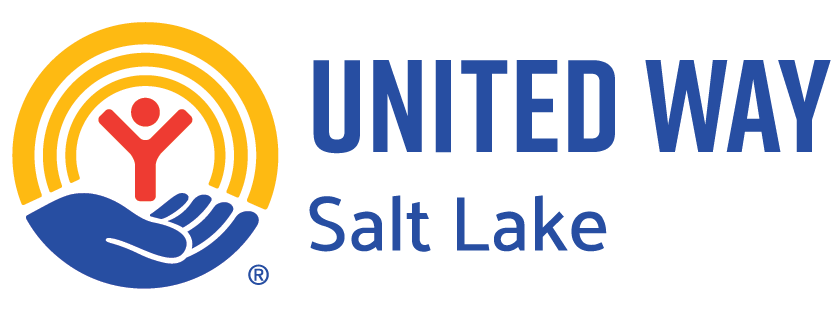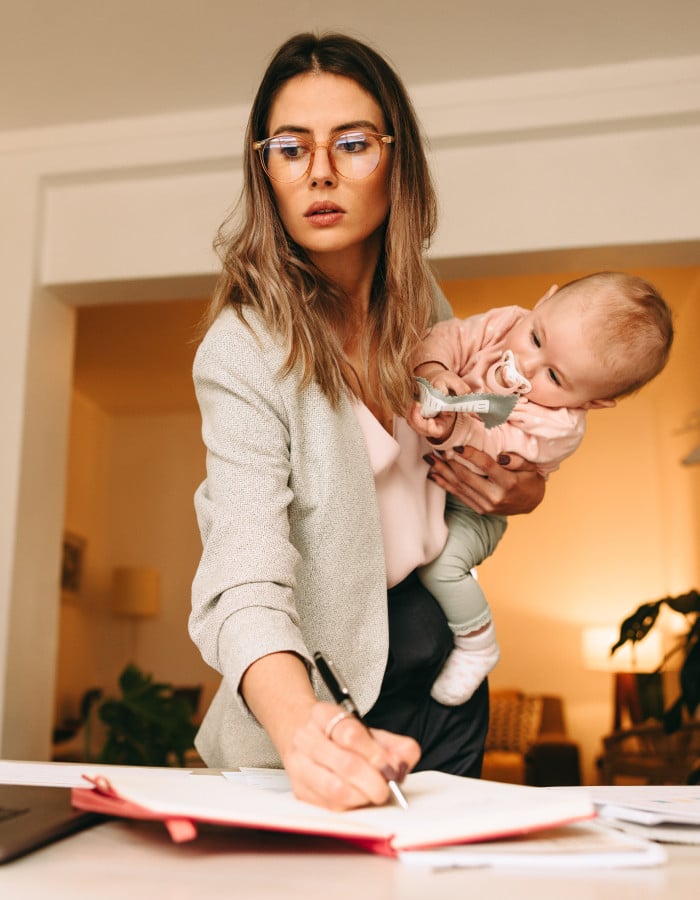You’ve probably heard a lot about the technical side of collective impact – how it works, how data is used to drive decisions, why cross-sector collaboration is so crucial – but the technical side leaves out the human side. To tap into the human side, I want to tell you a story that demonstrates why we at United Way of Salt Lake are so invested in making Collective Impact work in our Promise Partnerships.
I mentored a teenage girl, Dora, for three years. Like many of the kids at the schools where UWSL works, Dora faced a mountain of barriers to her success. She grew up in a single parent home, and her older sister had gotten pregnant at 17 and dropped out of high school. She had spent a few years in Mexico and, as a result, wasn’t on grade-level with English. She was chronically absent from school and her mom feared that she was involved with drugs.
Though the barriers were numerous, I had high hopes for Dora. She was a kind, funny girl who loved dogs and always told me thank you when we hung out. As anyone who has volunteered to mentor a child may agree, I had big aspirations for Dora. I tried to get her on-track in school by helping with homework and encouraging her to attend every day. I got to know her interests, which included animals and science, and tailored activities around those interests. I emphasized that school was her key to making her dreams come true. In one word, I was a bit naive.
Near the three-year mark of our friendship, I could feel the end coming. I would call Dora to schedule an activity and her phone would be disconnected. I would go to pick her up and she wouldn’t be there. I realized that Dora was now a 16-year-old young woman and hanging out with her 10-years-older mentor wasn’t exactly “cool” anymore. I wasn’t upset because I understood where she was coming from, but I was worried about her. Dora always said she did well at school, but the story from her mom was different. She also told me that she occasionally went to parties with 21-year-olds, a revelation that made my skin crawl. My big dreams for helping her succeed in life had been flattened by harsh reality.
A few months after we officially “closed” our mentoring relationship, I called Dora‘s mom to see how Dora was doing. The news wasn’t good. Dora had been kicked out of one high school for being chronically absent and then essentially dropped out of school at 16. I was completely heartbroken. How had this happened, largely under my watch? I couldn’t believe it.
Dora‘s seemingly hopeless story gets to the heart of why Collective Impact is such a powerful and necessary way to help kids. One program, no matter how great it is, is rarely enough to turn a kid’s life around when a kid grows up in the complicated world of poverty. Complicated issues require an “all-in” approach. For an example of that, here’s another brief story.
Although my experience with Dora didn’t end the way I wanted it to, I was determined to recommit myself to another young person who wanted a mentor. For the past year, I have mentored Pramila. Pramila’s story isn’t that different from Dora’s, except that Pramila and her family are refugees from Nepal. They live in poverty, just like Dora. Pramila was behind in English, having just arrived in the U.S. about four years ago. Even with a heap of barriers, Pramila and her family are doing well and she is thriving in school. The key difference is Collective Impact.
Pramila and her family receive and take part in targeted, high-quality programs for support. A local refugee resettlement agency helped her parents and older brother find jobs. Her mom takes free English classes at a nearby school so that she can learn how to navigate various systems, as well as support her children academically. Pramila and her sister attend an afterschool program through the Asian Association of Utah, which combines academics and enriching activities. Her school has a lot of targeted interventions for English Language Learners, and she is involved in college-prep classes like AVID. She has a mentor (me!) through Big Brothers Big Sisters. The family’s basic needs are met with various wraparound services. In essence, Pramila and her family have the entire community’s support to ensure that she and her siblings graduate from high school, obtain a post-secondary degree, and become self-sustaining adults. It would be very difficult, near impossible, for them to navigate a new country and school system without collective impact and dozens of community partners helping along the way. This is collective impact at its best. Our hope at United Way is that ALL kids, regardless of their circumstances, are successful.
For me, I want to make sure that kids like Dora, who didn’t have the supports she needed to be successful, don’t fall through the cracks.

